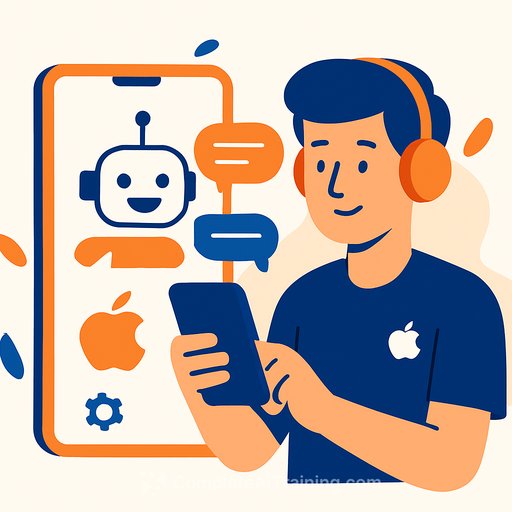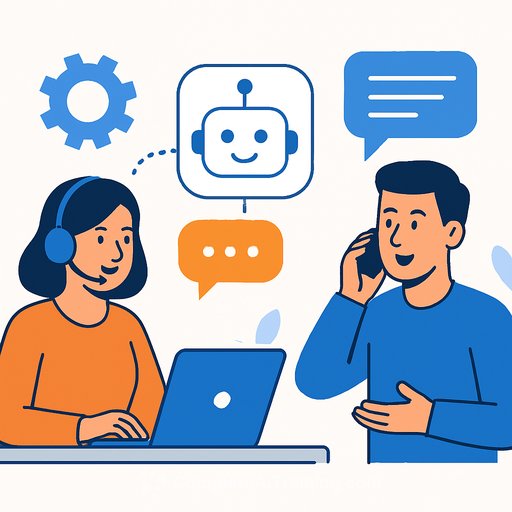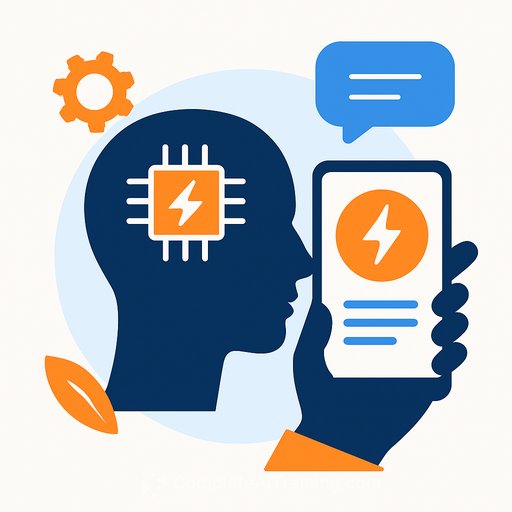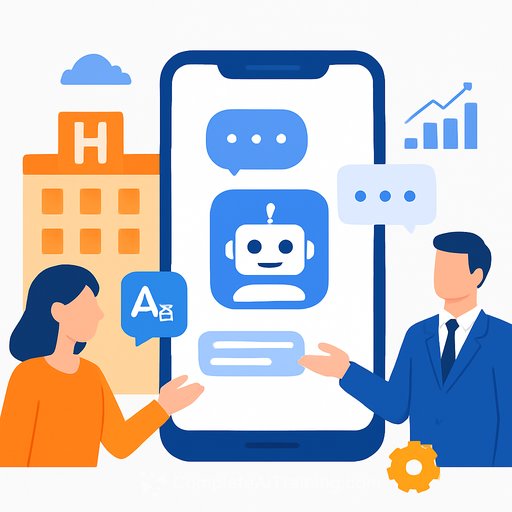Apple Integrates AI Chatbots into Customer Support
Apple has quietly introduced AI chatbots within its customer support system, marking a step forward in AI-driven services amid rising competition from companies like OpenAI and Google. The new AI-powered “Support Assistant” is now visible in the Apple Support app for iPhone users, addressing questions from device troubleshooting to account management. This move could reduce the reliance on human agents for routine inquiries.
The chatbot is currently in a limited preview phase for select users and appears under a new “Chat” tab in the app. It uses natural language processing to respond, but Apple includes a clear disclaimer that the tool “may get things wrong,” encouraging users to remain patient. This cautious approach acknowledges the challenges of AI accuracy in sensitive customer service situations where errors can impact user trust.
The Evolution of AI in Customer Support
Apple’s entry into AI chatbots fits a broader trend where tech companies automate support to cut costs and improve response times. According to reports, this feature was quietly rolled out while users await a more advanced AI upgrade for Siri. The chatbot uses a simplified version of Apple’s own AI models, aiming to provide efficient responses without the heavy computational needs of larger systems.
While Apple has long used machine learning for diagnostics within its apps, this chatbot marks a shift toward conversational AI that understands context and can escalate complex issues to human representatives. The testing is focused on regions like the U.S. and Canada, with plans for a wider rollout linked to upcoming iOS updates.
Challenges and Risks in AI Deployment
Experts highlight potential issues with this AI assistant. Its interface is similar to ChatGPT but includes Apple’s privacy-first approach, processing data on-device and avoiding external storage. Despite this, the disclaimer about possible inaccuracies points to a common AI challenge: hallucinations, where the chatbot might deliver plausible but incorrect answers. This can frustrate users, especially those familiar with Apple’s typically polished support experience.
Compared to competitors, Apple is taking a measured approach. While companies like Microsoft and Amazon have aggressively integrated AI into customer service, Apple focuses on seamless integration within its ecosystem, such as direct links to AppleCare. Industry sources suggest this chatbot is part of a broader project to create a concise “answer engine” that avoids overly verbose responses common in other AI tools.
Implications for Customer Support Roles
The introduction of AI chatbots will likely impact customer service roles. Routine queries may increasingly be handled by AI, shifting human agents’ focus to oversight and handling complex problems. The current limited testing phase allows Apple to collect user feedback and refine the tool before a full launch, which could coincide with new AI features in iOS 18.
Apple’s privacy commitment remains a key differentiator. Unlike some rivals, the chatbot processes as much data as possible on-device, which aligns with Apple’s longstanding focus on user privacy. This approach may set important standards for AI customer support regarding data handling and user trust.
Future Prospects and Strategic Positioning
Success for Apple’s chatbot will depend on user acceptance and ongoing improvements. If reliable, the technology could expand to other Apple services, including retail apps and hardware diagnostics. Recent updates to the Support app’s terms hint at an upcoming broader release, with safeguards to prevent misuse.
This AI chatbot effort demonstrates Apple’s cautious and practical approach to AI integration in customer support. Its progress may influence industry expectations for accuracy, privacy, and smooth user experience in automated support tools.
For those in customer support roles looking to understand and adapt to AI-driven tools, exploring training on AI applications in service can be valuable. Resources such as AI courses tailored for customer support professionals offer practical insights into working alongside these emerging technologies.
Your membership also unlocks:





